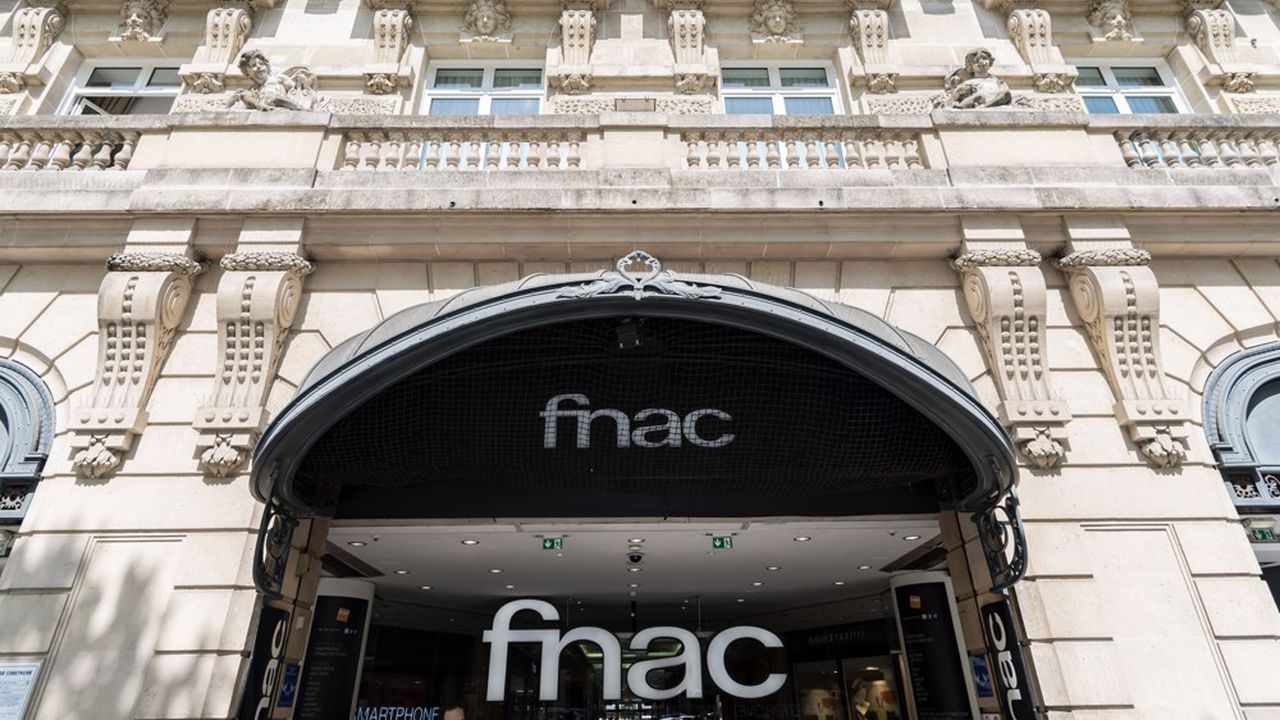Paris, 22 March 2024
Estimated reading time: 3 minutes
An era comes to an end on the most famous avenue in Paris: the Fnac on the Champs-Élysées, which has seen generations of curious and culture enthusiasts pass through its doors since its opening in 1997, will announce its closure at the end of 2024.
The Fnac Darty group, in an effort to rationalize economically, has described this closure as “economically reasonable and socially responsible” while guaranteeing that the employment of the 101 employees concerned will not be affected.
Despite its prestigious location, the Fnac at 74 Avenue des Champs-Élysées has not escaped a merciless commercial reality: profitability waned under the weight of exorbitant rent and a declining consumer flow.
The once-bustling shop has been hit hard by the transformation of the area into a luxury shopping destination, thus losing part of its regular clientele in favor of an international audience with deeper pockets.
This phenomenon is not isolated; it is part of a broader trend affecting various retailers on the avenue, which struggle to compete with the splendor of haute couture and jewelry brands that have set up shop there.
The repositioning of the clientele has been accentuated by the evolution of consumer behavior, who now prefer the personalized and exclusive shopping experiences offered by luxury brands.
This closure raises questions about the future of the distribution of cultural goods in leading urban spaces.
How can major brands adapt to these new commercial dynamics?
Fnac Darty’s response is already taking shape: an employment guarantee for all the employees concerned, a redistribution in other stores in the capital where their expertise and passion can continue to serve the Parisian clientele.
As Fnac Darty managed to turn a profit in 2023, the closure of the Champs-Élysées store may be a sign of a broader strategy aimed at consolidating its presence in more profitable market segments.
Fnac has always presented itself as more than just a distributor of cultural products, but also as a meeting and exchange place for culture enthusiasts.
The company thus seems ready to redefine its relationship with urban spaces, seeking to optimize its interaction with a changing clientele.
The group aims for profitability at all its points of sale by 2025, an ambition that now seems to be materializing through difficult but deemed necessary decisions.
The closure of the Fnac on the Champs-Élysées is a poignant reminder that even the most iconic institutions are not immune to economic imperatives and changes in consumer habits.
For regulars of the Fnac on the Champs-Élysées, the news is received with a mix of nostalgia and understanding, aware that evolution is a constant in the City of Light.
And if the doors of this store are preparing to close, it is so that others, perhaps elsewhere, can open.
Image credit: FNAC DARTY
To discover the most exciting career opportunities in the luxury market, we invite you to visit our Talents page.
News [ Le M&Magazine ]



